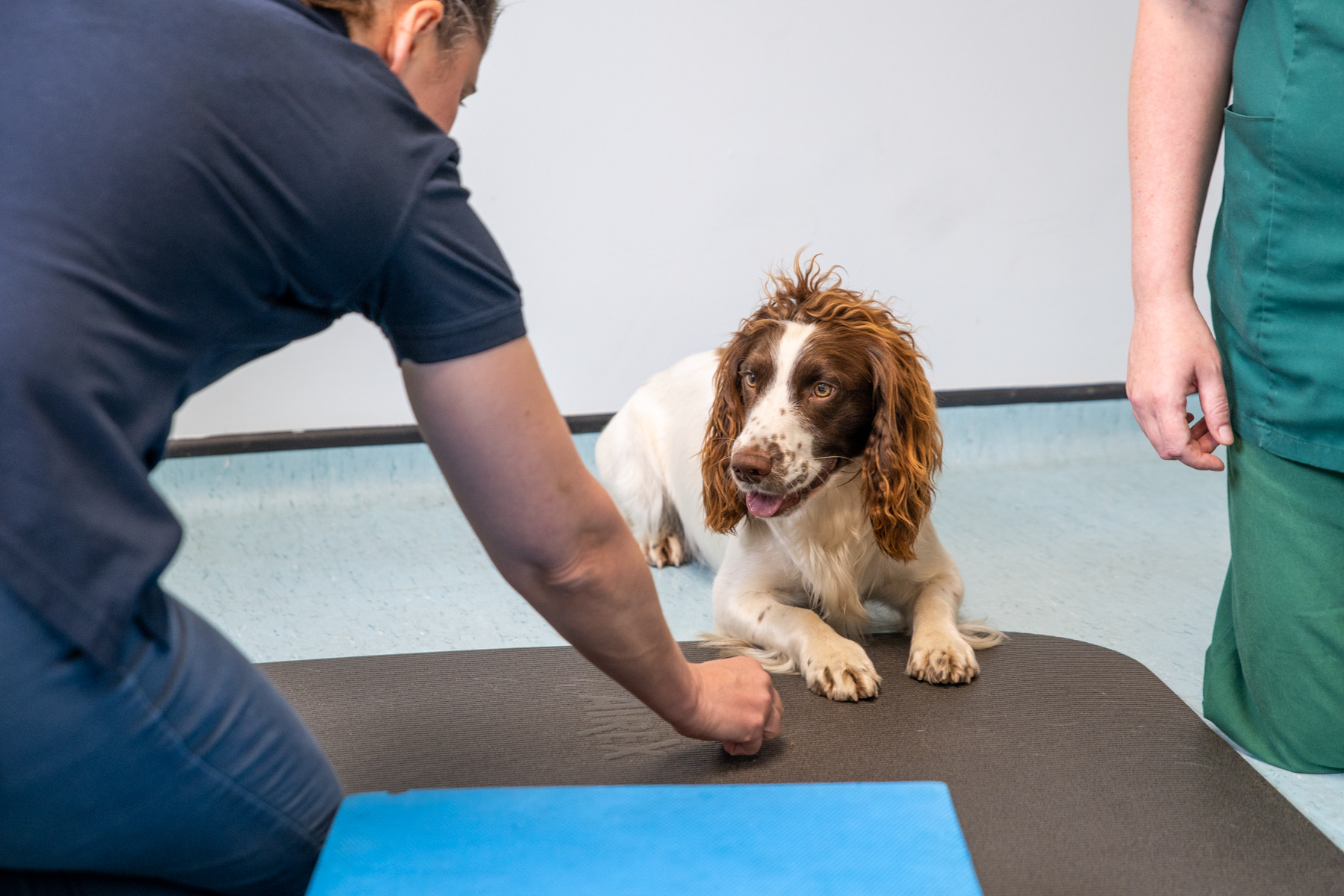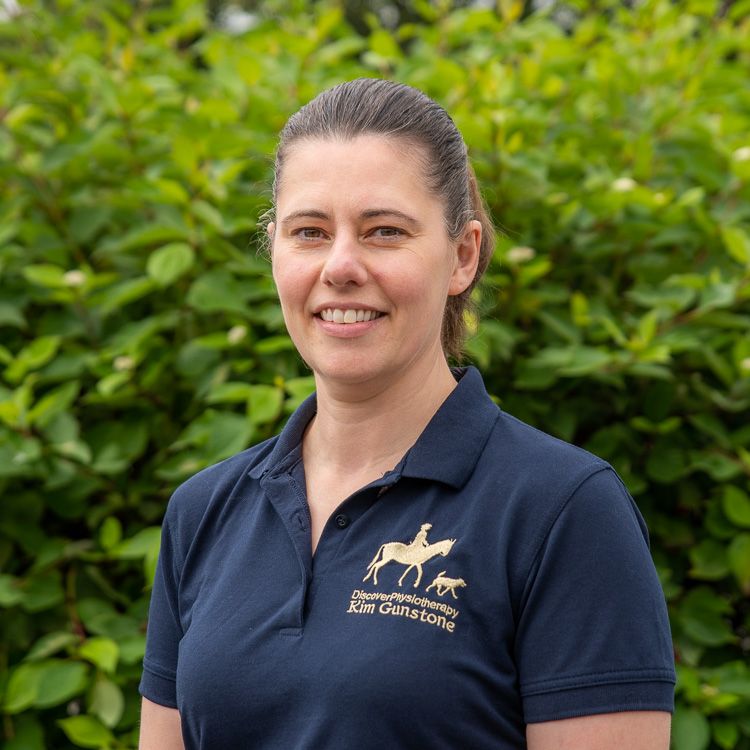Pet physiotherapy is a growing veterinary sector, as both vets and owners begin to realise the benefits of physiotherapy for musculoskeletal, neurological and age related changes to your pets.
Tay Valley Vets offer physiotherapy treatments for dogs, cats, rabbits and horses. The aim of physiotherapy is to optimise function and performance. Whether the problem is a slight loss of performance or recovery from major injury, physiotherapy can help. Following an initial assessment, including movement analysis and palpation, an individual treatment plan is carefully created and prepared.
We have a spacious consulting room for the physiotherapy sessions for the optimum comfort of all sizes of animals.
To find out more about how our physiotherapy treatments can benefit your pets, or to book an appointment, please contact our friendly reception team today on 01738 621415.
-
Kim
ACPAT chartered physiotherapist
Bio coming soon…



